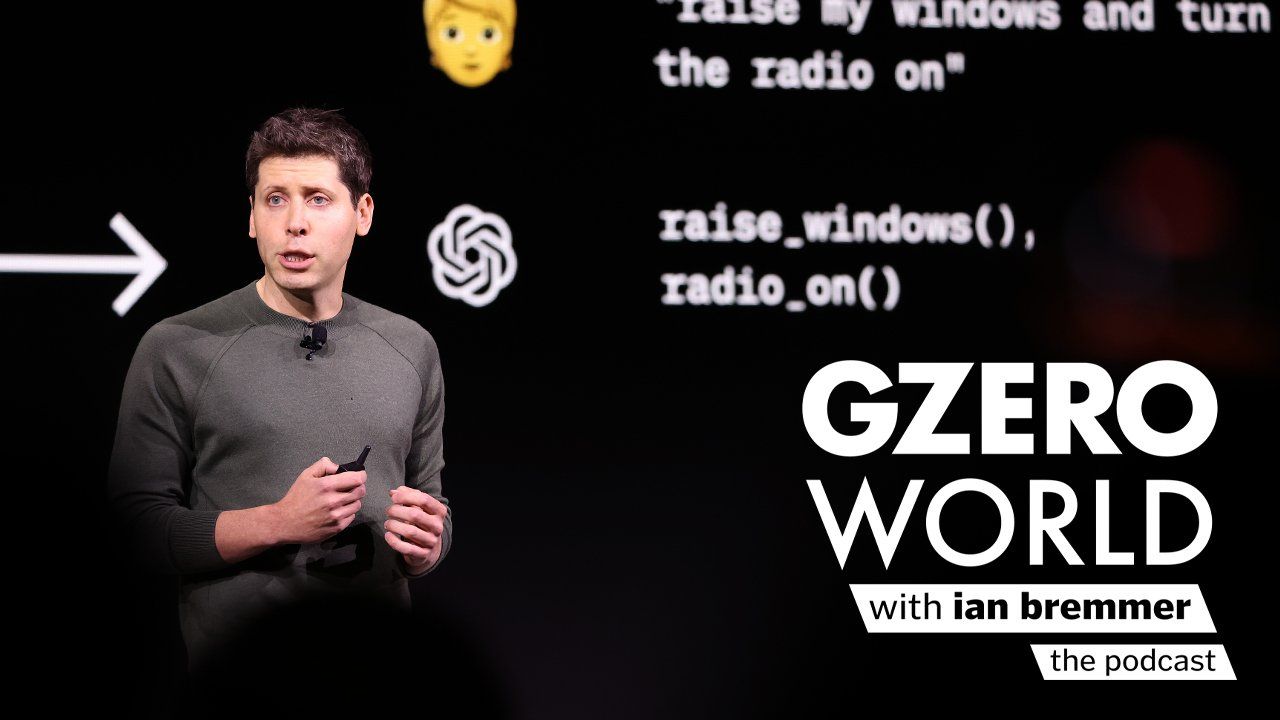GZERO World with Ian Bremmer Podcast
May 17, 2025
Listen: How much could our relationship with technology change by 2027? In the last few years, new artificial intelligence tools like ChatGPT and DeepSeek have transformed how we think about work, creativity, even intelligence itself. But tech experts are ringing alarm bells that powerful new AI systems that rival human intelligence are being developed faster than regulation, or even our understanding, can keep up with. Should we be worried? On the GZERO World Podcast, Ian Bremmer is joined by Daniel Kokotajlo, a former OpenAI researcher and executive director of the AI Futures Project, to discuss AI 2027—a new report that forecasts AI’s progression, where tech companies race to beat each other to develop superintelligent AI systems, and the existential risks ahead if safety rails are ignored. AI 2027 reads like science fiction, but Kokotajlo’s team has direct knowledge of current research pipelines. Which is exactly why it’s so concerning. How will artificial intelligence transform our world and how do we avoid the most dystopian outcomes? What happens when the line between man and machine disappears altogether?
Subscribe to the GZERO World Podcast on Apple Podcasts, Spotify, Stitcher, or your preferred podcast platform, to receive new episodes as soon as they're published
From Your Site Articles
More For You
- YouTube
Are we still talking. #PUPPETREGIME
Most Popular
Think you know what's going on around the world? Here's your chance to prove it.
As expected, the Supreme Court struck down the bulk of Donald Trump's sweeping “Liberation Day” tariffs as illegal … and almost nothing changed.
© 2025 GZERO Media. All Rights Reserved | A Eurasia Group media company.
